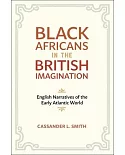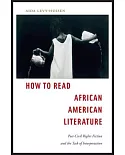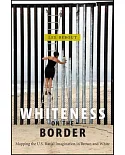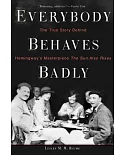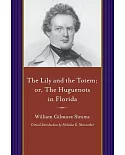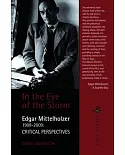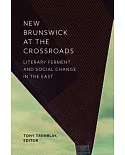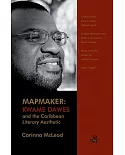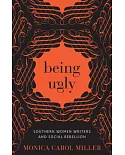In Thiefing Sugar, Omise’eke Natasha Tinsley explores the poetry and prose of Caribbean women writers, revealing in their imagery a rich tradition of erotic relations between women.
She takes the book’s title from Dionne Brand’s novel In Another Place, Not Here, where eroticism between women is likened to the sweet and subversive act of cane cutters stealing
sugar. The natural world is repeatedly reclaimed and reinterpreted to express love between women in the poetry and prose that Tinsley analyzes. She not only recuperates stories of Caribbean
women loving women, stories that have been ignored or passed over by postcolonial and queer scholarship until now, she also shows how those erotic relations and their literary evocations form
a poetics and politics of decolonization. Tinsley’s interpretations of twentieth-century literature by Dutch-, English-, and French-speaking women from the Caribbean take into account
colonialism, migration, labor history, violence, and revolutionary politics. Throughout Thiefing Sugar, Tinsley connects her readings to contemporary matters such as neoimperialism and
international LGBT and human-rights discourses. She explains too how the texts that she examines intervene in black feminist, queer, and postcolonial studies, particularly when she highlights
the cultural limitations of the metaphors that dominate queer theory in North America and Europe, including those of the closet and “coming out.”


